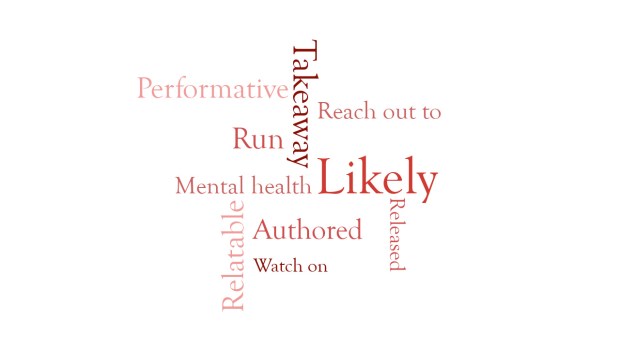The inventor of the verse form known as the clerihew, Edmund Clerihew Bentley, had a way with this seemingly simple vehicle. Take this example: ‘Sir Christopher Wren / Said, ‘I am going to dine with some men. / If anybody calls / Say I am designing St Paul’s.’
My interest just now is with call. Bentley meant ‘call at a house’. The default meaning now, I think, is ‘to telephone’, a usage that has largely displaced ring or phone.
But call is also very productive of phrasal verbs: call off, call for, call in, call on, call upon or call out. Call out is fashionable at the moment, when virtue signalling and denunciation are habits being grafted on to daily life, like eating sushi at work out of a cardboard box or stumbling about on the pavement looking at a phone.
The preferred construction is ‘call him out’. The meaning is quite different from calling out a plumber or the militia. Two slightly different senses have developed in America in the past generation or so. One is to expose someone as acting in an unacceptable manner. I was considering unacceptable last week as a catch-all term for disapproved behaviour.
The oldest example discovered by the Oxford English Dictionary of call out in this sense is from 1981, which to me seems yesterday. It was the year the Pope was shot.
Another shade of meaning has been current since 1969. Here, a thing is called out as the source of a problem. A Hewlett-Packard operating manual from that year names specific parts ‘called out as being possible causes of circuit malfunction’. This latter sense must be the one Caroline Lucas meant last Saturday on The Week in Politics when she spoke of ‘calling it out’ — ‘it’ being nasty sexist language of the kind that my husband uses (though she didn’t mention my husband by name).
I wonder if there remains any trace in all this calling out of an older sense, in use from the 17th century, of ‘challenging someone to a fight or duel’. The OED notes that it need not imply inviting them outside.
Today’s voguish calling out is less like a duel than sniping at a man in public view.
Got something to add? Join the discussion and comment below.
Get 10 issues for just $10
Subscribe to The Spectator Australia today for the next 10 magazine issues, plus full online access, for just $10.
You might disagree with half of it, but you’ll enjoy reading all of it. Try your first month for free, then just $2 a week for the remainder of your first year.














Comments
Don't miss out
Join the conversation with other Spectator Australia readers. Subscribe to leave a comment.
SUBSCRIBEAlready a subscriber? Log in